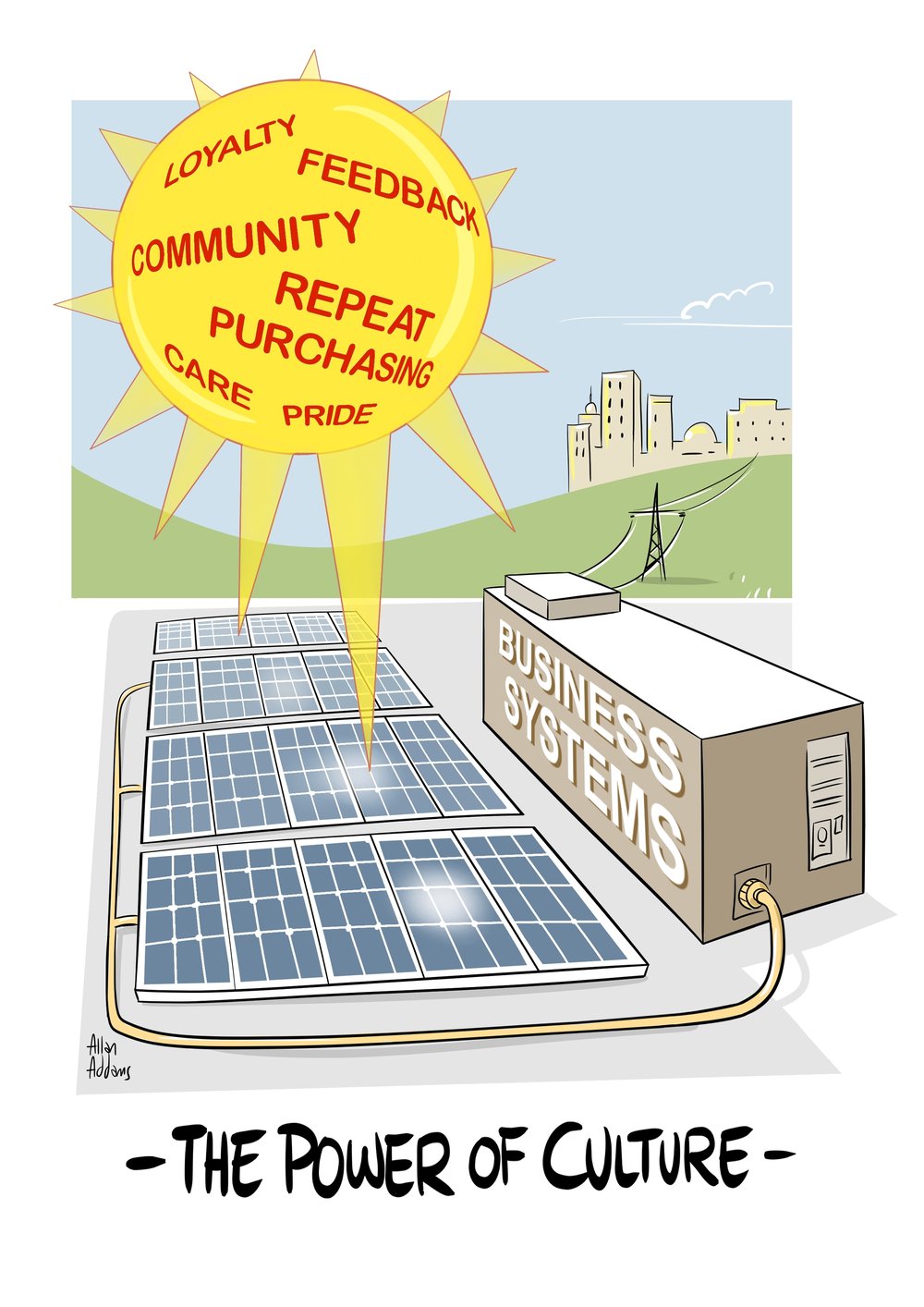
Culture is often considered one of the most nebulous and intangible elements to assess when considering a business’s value.
However, many aspects of a business’s culture can be readily observed, described and measured.
As we’ve discussed in the past, one of the key financial measures of business value is future maintainable earnings. Essentially, that is the likely level of forward earnings a business will deliver, based on recent past performance and forward outlook.
When I’m assessing business value for a client, I look at the business’s culture as a key element in understanding the maintainable nature of those earnings. It’s a way for me to partially verify the strength of the goodwill portion of the valuation.
Case study
Here’s an example of a business I’m familiar with, to help explain what I look for when assessing a business’s culture:
Industry – Wholesale and distribution sector
Location – Sydney Metropolitan
Turnover – $3.75m per annum
Future maintainable earnings – $625k per annum
Culture – key attributes observed:
- Clients demonstrate loyalty through repeat purchases and referrals.
- Clients and staff contribute to the business’s direction and vision through proactive suggestions and ideas.
- Clients and suppliers provide regular and diverse feedback on the business’s offering (direct and via socials).
- Staff are open, genuine and generous in how they communicate with their clients and suppliers.
- Staff, clients and suppliers act like ‘a community of interest’ and demonstrate collegiate behaviours. They feel and demonstrate a sense of intangible ownership and pride in the brand and the offering, and act proactively to protect and promote their affiliation with the company and the ‘community’ they are part of.
- Staff, clients and suppliers demonstrate an intrinsic ‘care factor’, beyond any contract or agreement they may have, towards the fortunes of the business.
All of the above attributes are real, mostly tangible and can be observed and measured.
Having these attributes in and around your business are important contributors to a strong and effective culture and, for a valuer like myself, are evidence of the strength of earnings i.e. how maintainable earnings are into the future.
A self-sustaining system
When I think of the impact culture can have on business value, as an analogy I think of solar power and the advances in battery storage which provides a continuous source of energy.
Picture some solar panels in a field and connections to a storage battery in an enclosure nearby, all connected to mains power transmission.
In daylight hours, the sun is beaming down on the panels, charging the system. When the sun disappears, the system continues to function successfully thanks to the battery storage.
So, too, a business and its system can be continuous and maintainable, as long as the business has a strong and effective culture which has been carefully developed, and is nurtured and maintained.
If you would like advice or support about any aspect of business management – including leadership and developing a positive business culture – contact the JPAbusiness team on 02 6360 0360 or 02 9893 1803 for a confidential, initial discussion.
